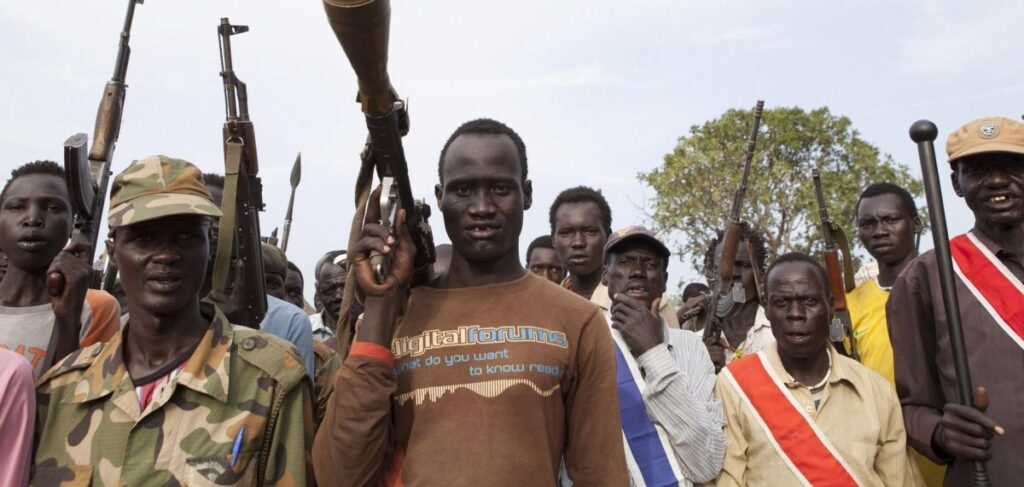South Sudan’s government on Monday sought to clarify a cabinet minister’s remarks labeling some Nuer-majority counties as “hostile,” denying the statement targeted the entire Nuer ethnic group amid growing criticism over ethnic profiling.
The controversy follows heightened tensions after President Salva Kiir placed First Vice President Riek Machar under house arrest on March 26, accusing him of ties to a March 4 attack by the White Army—a Nuer youth militia—on a military garrison in Nasir County, Upper Nile State.
Kiir and Machar, along with other leaders, signed a 2018 peace deal to end a civil war, but key issues, including unifying armed forces and preparing elections, remain unresolved.
On Saturday, Cabinet Affairs Minister Martin Elia Lomuro named Nasir, Ulang, Akobo, Nyirol, Uror, Fangak, Ayod, Rubkona, and Panyijiar counties as “hostile,” while Maiwut, Longechuk, Guit, Leer, Mayendit, Koch, and Mayom were designated as “friendly” to the government.
He also accused communities in the “hostile” areas of ties to Machar’s SPLM-IO party and rejecting government authority.
“This community [Nuer] is divided into four sub-sections and has deliberately refused to recognize the government. That is why they can boldly attack and kill government forces,” Lomuro said.
The remarks drew widespread condemnation, with critics accusing the government of stoking ethnic divisions. Analysts warn that inflammatory rhetoric risks further destabilizing a country already struggling with fragile peace.
On Monday, Youth and Sports Minister Joseph Geng Akech said the term “hostile” referred only to organized armed groups, not the Nuer community as a whole.
“The government’s reference to hostile communities pertains to specific organized groups, not an entire ethnic group,” Akech told reporters in Juba. He said such cases would be addressed through reconciliation efforts under the 2018 peace deal.




